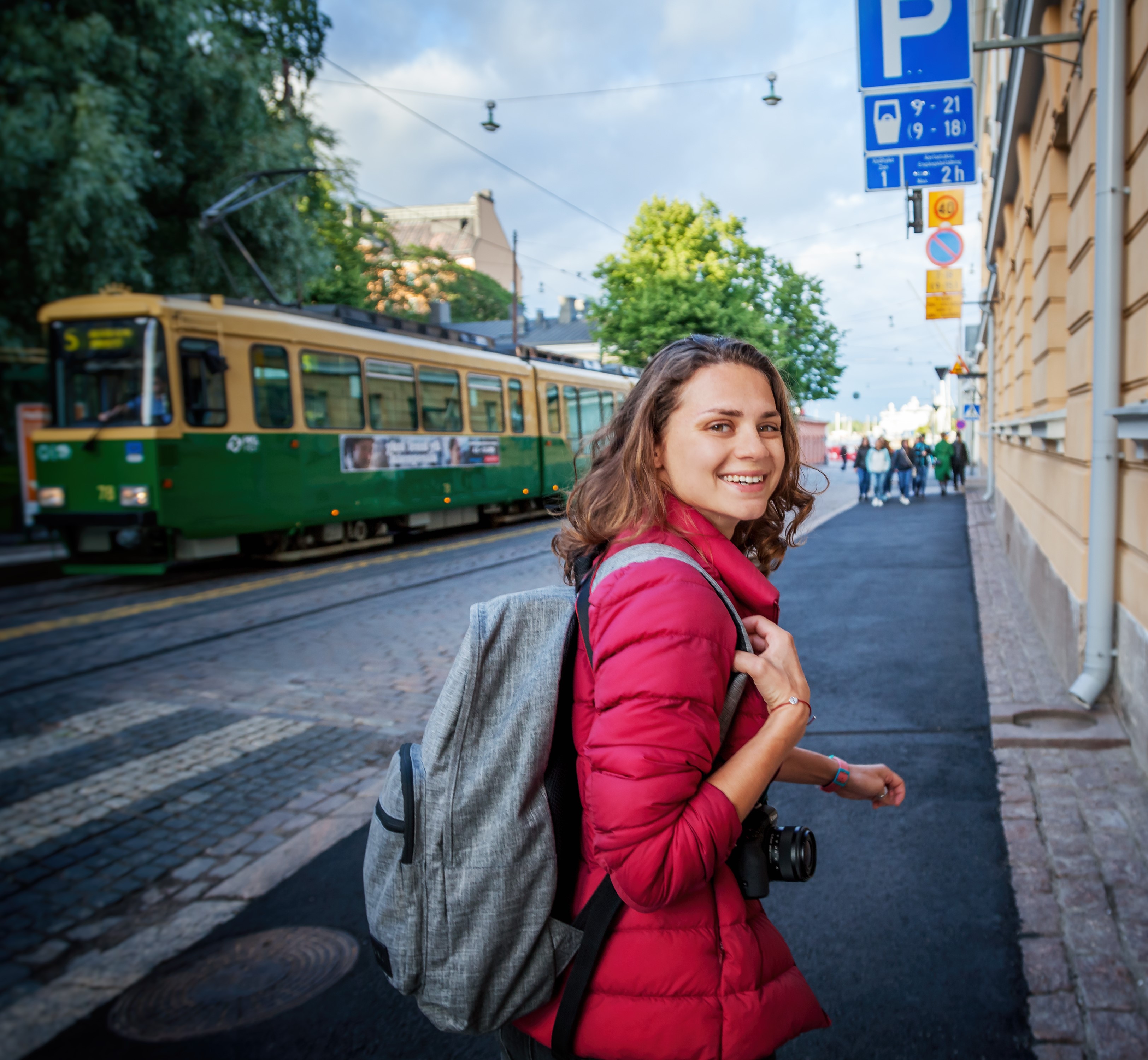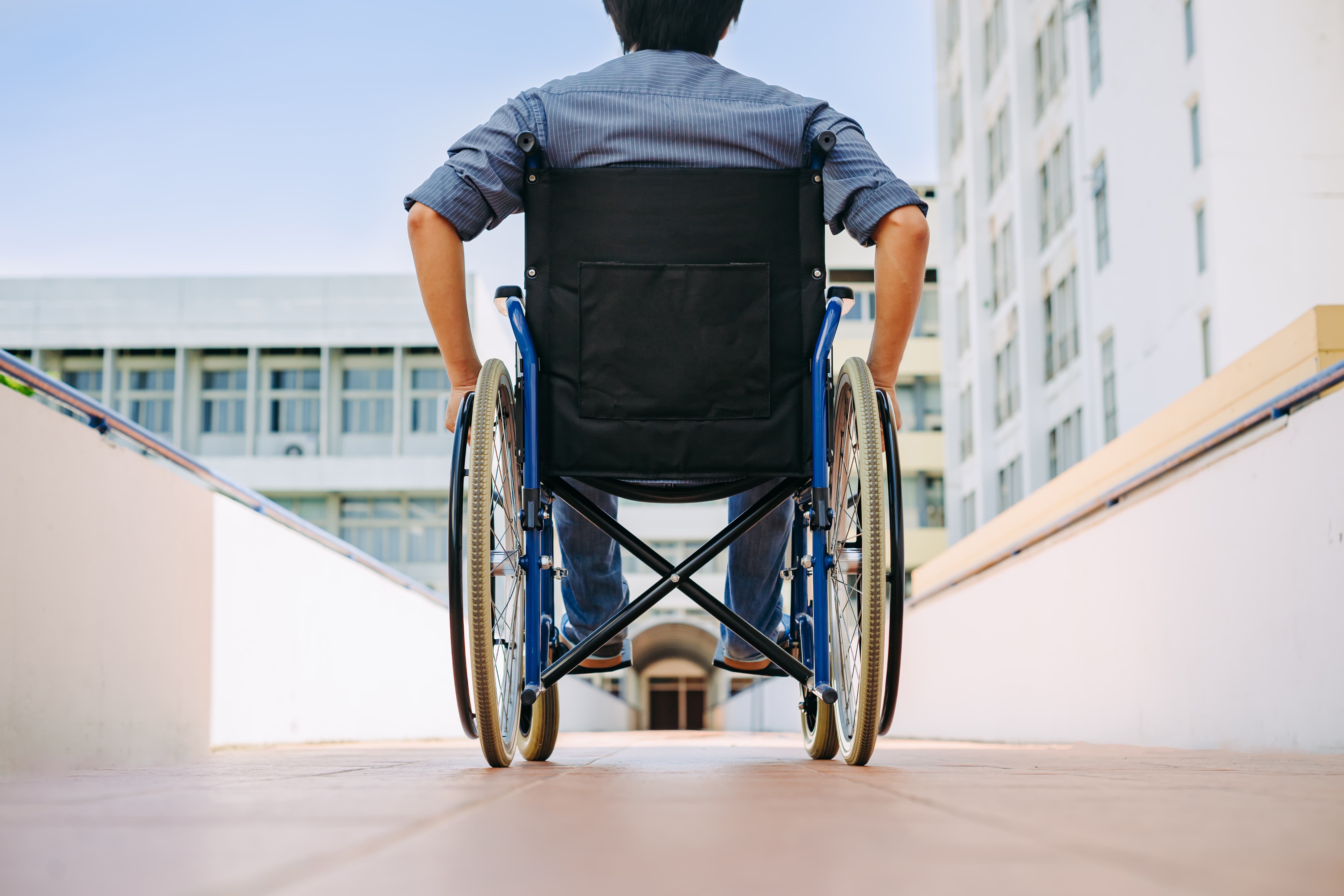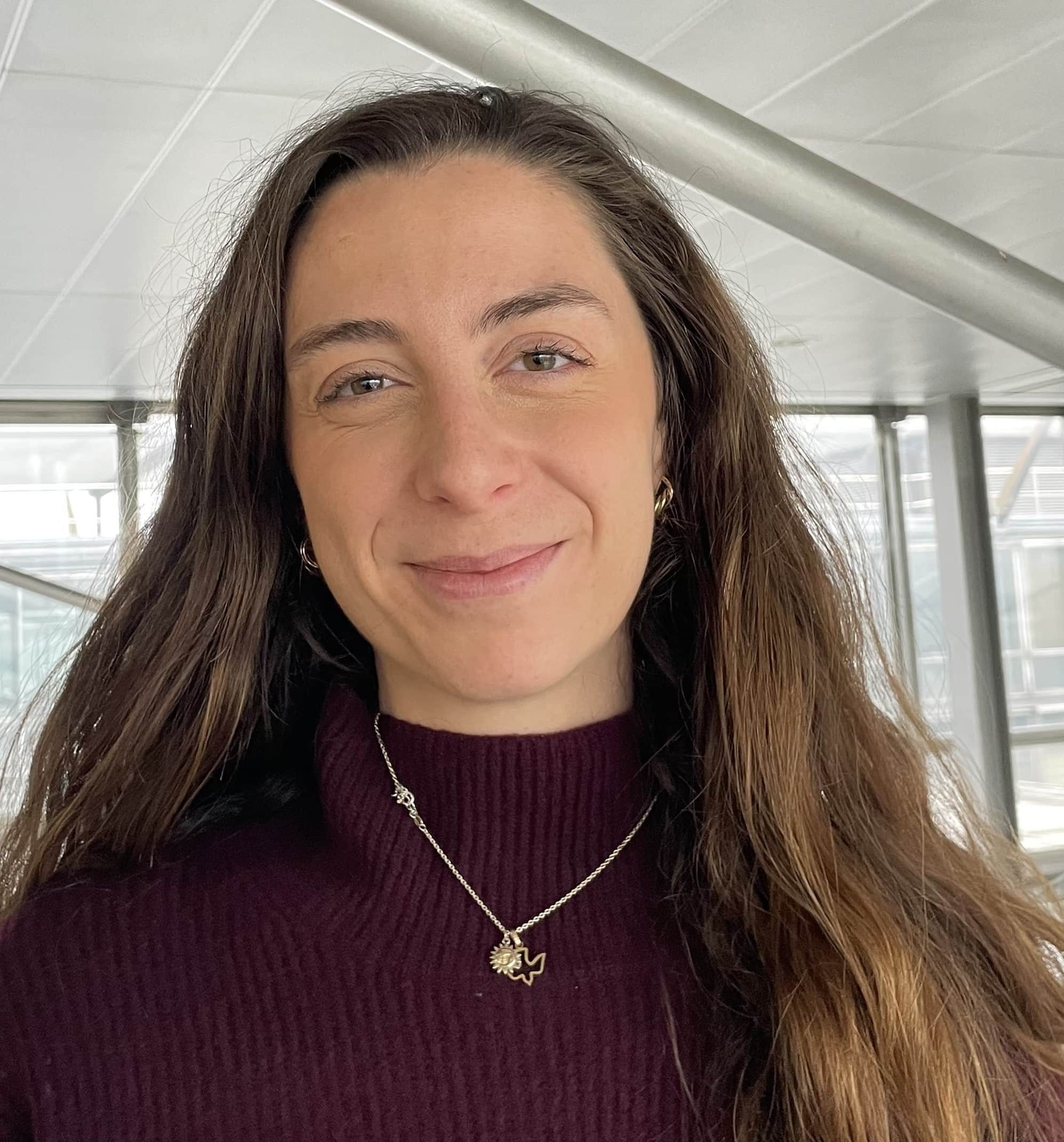Studying abroad
A minimum of 17 weeks' international mobility is a mandatory part of the engineering degree program. Students of foreign nationality are not required to undertake this kind of exchange, as the CTI considers that coming to France for higher education is enough to fulfil this obligation.

There are many forms of international mobility options. For example, you can
- Spend a semester or a year studying abroad, thanks to our international partnerships;
- Do an internship abroad, click here to consult the map of internships in France and abroad;
- Take a gap year abroad

.

.

International mobility support for people with disabilities :
The Erasmus+ program pays particular attention to :
- welcoming, guiding and providing pedagogical and administrative support;
- the additional expenses of mobility for people with disabilities, to ensure that everyone benefits fully from their European mobility experience.
By signing the Erasmus+ Charter for Higher Education (ECHE), each higher education institution is committed to ensuring equal access and mobility opportunities for participants from all backgrounds. As a result, individuals with disabilities can benefit from the support services that the host institution offers its students and staff.
To meet the specific needs of an individual with a disability during their stay abroad, it is possible to get additional funding on top of the Erasmus+ mobility grant.
In order to best prepare for your Erasmus+ mobility period, you must complete the request for additional funding form to indicate any additional costs related to your disability. The type of costs eligible for additional funding can vary – specific accommodation, assistance from a personal carer during the trip, medical follow-up, material support, home help.
A student’s personal account

Hey, hey! My name is Lina Saba. I'm a third-year student at the French National School of Geographical Sciences in Paris-Est University. In my second year, I spent an Erasmus semester in the capital of Norway, at the University of Oslo.
I've always been fascinated by nature and the advanced Scandinavian way of life.
Between fjords, beaches, mountains and forests, you will enjoy the breathtaking landscapes of this beautiful country.
I was given a warm welcome in Norway.
In fact, from the very first week, we joined Buddy groups, which enabled us to meet lots of other Erasmus students, visit the city's monuments and quickly get used to this new life.
The courses offered by the UIO were in line with the training I was mainly following in France, and more particularly with a course in image processing using machine learning, which enabled me to build on the concepts I'd learnt at ENSG.
I was lucky to meet a lot of people during my stay, and I had some unforgettable moments, but above all I got to hike in many magical places.
The biggest obstacle I encountered was the language, as I can't speak Norwegian. However, communication wasn't that difficult, as the Norwegians are fluent in English.
If you’re not sure whether you should do an Erasmus, just go for it! Whether you do it in Norway or elsewhere, not to miss out on this incredible opportunity. The city is full of young people, locals and internationals alike, allowing an opening onto other cultures but most of all creating everlasting memories.
Lina, a student who spent a semester in Oslo



